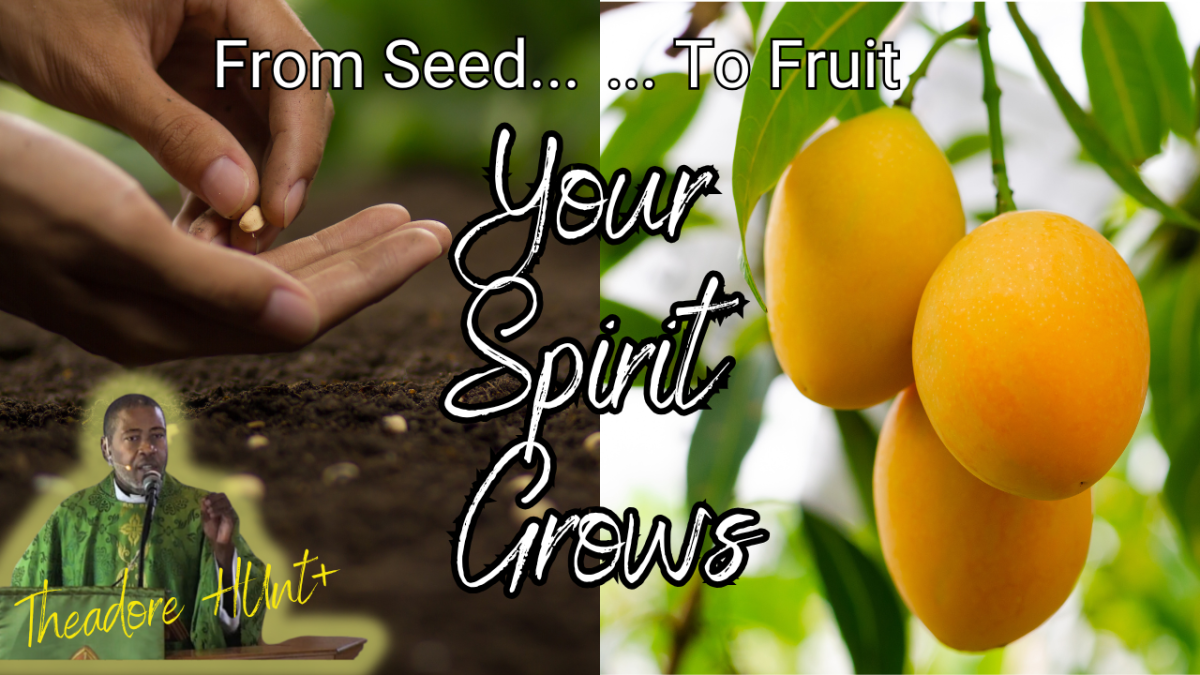 In this season of Advent, we are called to reflect on the depths of our faith and the fruits we bear in our lives. As I speak to you in the name of God, Father, Son, and Holy Spirit, I invite you to consider the transformative power of repentance and how it shapes our actions and existence in this world.
In this season of Advent, we are called to reflect on the depths of our faith and the fruits we bear in our lives. As I speak to you in the name of God, Father, Son, and Holy Spirit, I invite you to consider the transformative power of repentance and how it shapes our actions and existence in this world.
The Ancient Call to Fruitfulness
In the Gospel of Luke, chapter 3, verses 8 to 9, John the Baptist delivers a poignant message to the crowd gathered for baptism. He urges them to “bear fruits worthy of repentance,” emphasizing that ancestry alone does not secure salvation. These words remind us of the divine command found in Genesis, where God, in His creation of earth’s vegetation, enshrined a principle of fruitfulness within nature itself. This principle extends to us as God’s human creatures, calling us to produce fruit through our actions and lives.
The Seed, the Fruit, and Our Hearts
Reflecting on this principle, consider your heart and mind as the seed, and your actions and words as the fruit you produce. The things we ponder, consume, and engage with sow seeds in our hearts that manifest in our lives. It is crucial, therefore, that we are mindful of what we allow to take root within us. Particularly with our youth, we must be cautious of the influences they encounter, knowing these will shape their future actions.
John the Baptist’s Message
John’s message was clear and compelling: real change, not superficial allegiance, was required. Despite his rugged outward appearance, it was his proclamation of God’s kingdom being at hand that captured attention. John’s call was one of repentance, urging people to turn their hearts back to God, preparing the way for the coming Messiah through authentic change.
Repentance in a Modern Context
Even today, John’s message challenges us. Retired Bishop N. T. Wright reminds us that while our journey with Christ involves more than just repentance, it certainly starts there. Our spiritual transformation through God’s grace requires a genuine change of heart reflected in our lives. Therefore, we must ask ourselves: what does bearing fruit worthy of repentance look like for each of us personally?
Practical Steps to Demonstrate Repentance
John provided general guidance to the crowds: share with those in need, be fair, and be content. Yet, the application of repentance can vary based on personal circumstances. Perhaps it means donating excess to those lacking or reevaluating our priorities away from material pursuits. During moments like Black Friday, where consumerism often overshadows compassion, we should remember to consider those around us and their needs.
A Prayer for Transformation
As we navigate this Advent season and beyond, may God transform our hearts, enabling us to live authentically in accordance with our baptismal promises. Let us pray for the courage and wisdom to bear fruits that are visible signs of genuine repentance, impacting our lives and the world around us.
Amen.
